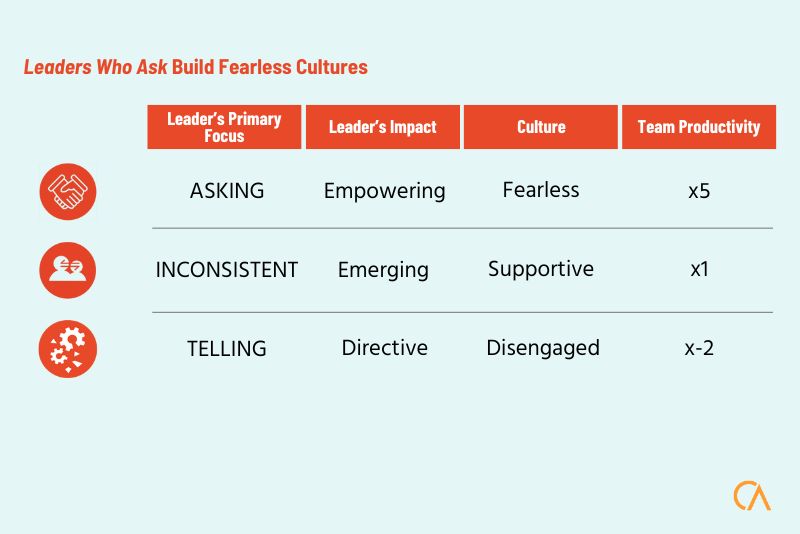
You are clever right? You have great experience that informs your views and allows you to confidently back your judgements. Great! And… take care….
Earned dogmatism is a cognitive bias where smart people overestimate the extent of their expertise*. Numerous studies have shown that we overestimate our expertise, especially in relation to expertise we have had in previous times. We have a sense that our knowing has earned us the right to remain closeminded about a subject, and so we reject arguments that disagree with our position. Particular politicians may come to mind…
I know this to be true for myself in relation to endurance cycling. In my late twenties, I did a lot of cycling. I was so fit that on a weekend when we were too ‘lazy’ to do a proper ride, we would coast from Melbourne to Frankston and over the back of Arthurs Seat, have lunch at the Pig and Whistle and then ride back to Melbourne – a 145 km round trip. It’s now been 25 years since I rode that easily and frequently, and yet my lack of current fitness (and the scales) is something I notice myself ignoring. In my mind, if I had to get back on a bike and ride for a 500 kms in one go, I still could! (Please don’t test me on this. When I’m being realistic and calling my own bias, I know this isn’t the case. Muscle memory can only take me so far!)
Last week I was working with an executive team and they were exploring the concept of ‘review and relearn’. One person honestly and insightfully said ‘I have seen it all before. I hear the problem and I see the route we need to take. I make it happen. The risk is that I don’t let others fully understand the issues and make a contribution to the solution.’ Someone else added ‘And others might have better solutions – things change.’ And a third ‘So we are contributing to disengagement.’
Where are you bringing earned dogmatism into your leadership? Might you be rejecting ideas that others – possibly younger and with different training and background to you – are proposing? Could you be disregarding new evidence in order to maintain your favoured ways of doing things? What’s the risk to you and the business?
Go Fearlessly
* If you are interested in learning more about this, check out “Why Smart People Do Stupid Things: A Guide to Upgrading your Thinking” in New Scientist 23 February 2019.
STAY IN THE LOOP





